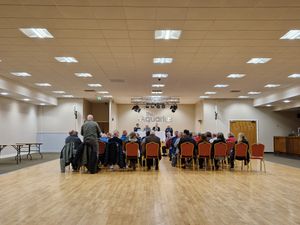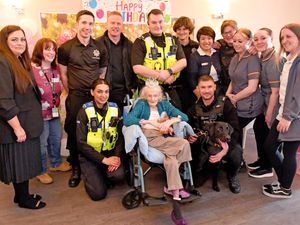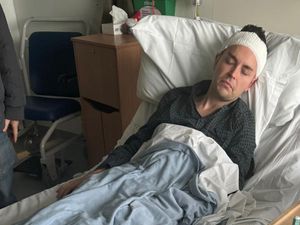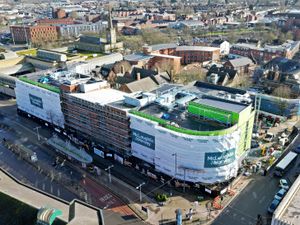Demand on food banks continue to soar as the number of food parcels given out in the West Midlands increases by 21%
More than 73,000 emergency food parcels given out to people in the West Midlands during the past six months.
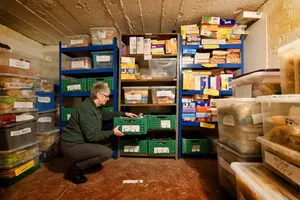
The Trussell Trust says a third of these handed out by its network of food banks were for children.
Overall, the charity, which runs sites in Walsall North, Great Barr, Smethwick, Quinton and Oldbury, Cannock and District, Rugeley and Kidderminster, saw a 21 per cent increase in visitors compared with the same period in 2018.
This is the sharpest rate of increase the charity has seen for the past five years.
Food banks across the Trussell Trust’s UK-wide network distributed a total of 823,145 emergency food parcels in the last six months with almost half of these going to children.
The charity says one of the key issues people at food banks face is the five week wait for a first Universal Credit payment.
Although it was not the only benefit payment people at food banks experienced problems with, bosses said 65 per cent of food bank referrals made between April and September were linked to Universal Credit.
Chief executive Emma Revie said: “More people than ever before in the West Midlands are being forced to food banks’ doors.
"Our benefits system is supposed to protect us all from being swept into poverty, but currently thousands of women, men and children are not receiving sufficient protection from destitution.
“This is not right. But we know this situation can be fixed - our benefits system could be the key to unlocking people from poverty.
"This General Election, all political parties must pledge to protect people from hunger by ensuring everyone has enough money for the basics.
"We want our next government to start working towards a future where no one needs a food bank by ending the five week wait for Universal Credit; ensuring benefit payments cover the cost of living; and investing in local emergency support for people in crisis."
The new figures come just a week after the Trussell Trust released its State of Hunger, the most in-depth study ever published into hunger and the drivers of food bank use in the UK. The research revealed that the average weekly income of households at food banks is only £50 after paying rent.
It also showed that one in five have no money coming in at all in the month before being referred for emergency food and that 94 per cent of people at food banks are destitute.
The report also revealed that there are three factors hitting people simultaneously and leaving no protection from hunger and poverty. The charity says these are problems with the benefits system, ill health or challenging life experiences, and a lack of local support.
“Together, these three changes will put money back into the pockets of people who most need our support. It’s in our power as a country to end the need for food banks. This can change.”

